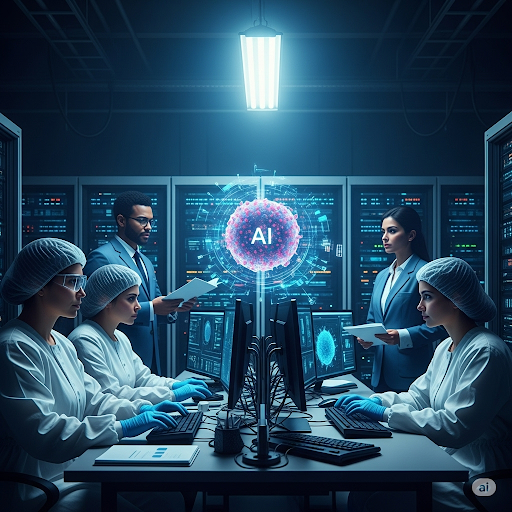OpenAI has expressed serious concerns about the potential ability of its artificial intelligence systems to assist in biological weapons development, raising important questions about safety and ethics in AI technology advancement.

G. Ostrov
OpenAI, the creator of popular language models ChatGPT and GPT-4, has expressed serious concerns about the potential capability of its AI systems to assist in biological weapons development. These statements have become part of a broader discussion about artificial intelligence safety and the need for strict control over technology development.
Nature of OpenAI's Concerns
OpenAI representatives are worried that as their models' capabilities advance, AI might begin providing detailed information about creating pathogens or other biological agents that could be weaponized. The company acknowledges that current safety systems may prove insufficient to prevent such scenarios.
Current Safety Measures
OpenAI has already implemented multiple layers of protection in its models:
- Filtering potentially dangerous queries
- Refusing to provide instructions for creating harmful substances
- Continuous monitoring of model usage
- Collaboration with biosafety experts
Scaling Challenges
The main challenge lies in the fact that as AI models grow in power and knowledge, it becomes increasingly difficult to predict and prevent all possible ways of their misuse. Experts note that traditional content filtering methods may prove ineffective against more sophisticated and disguised queries.
Scientific Community Response
Biologists and security specialists have highly praised OpenAI's transparency in acknowledging these risks. Many experts emphasize the importance of a preventive approach to AI safety issues rather than reactive responses after incidents occur.
Regulatory Initiatives
OpenAI's statements may influence the development of new international standards and regulatory measures for AI technologies. Governments of various countries are already considering the possibility of introducing stricter requirements for testing and deploying powerful AI systems.
Future Prospects
The company plans to invest significant resources in AI safety research and development of new control methods. OpenAI also calls for international cooperation in artificial intelligence regulation and sharing of best practices in safety.
This situation underscores the critical importance of responsible AI technology development and the need for continuous dialogue between developers, scientists, and regulators.
For the latest information on AI technology development, follow official OpenAI sources.
If you experience any issues, contact us, we'll help quickly and professionally!




